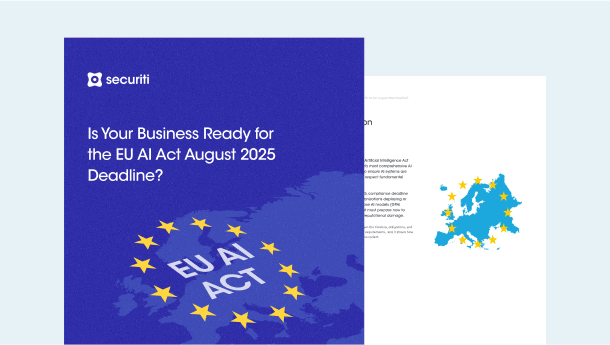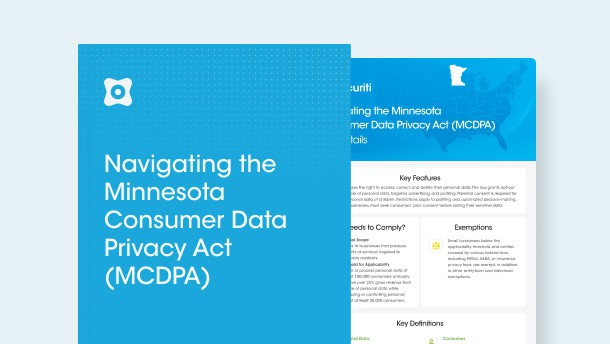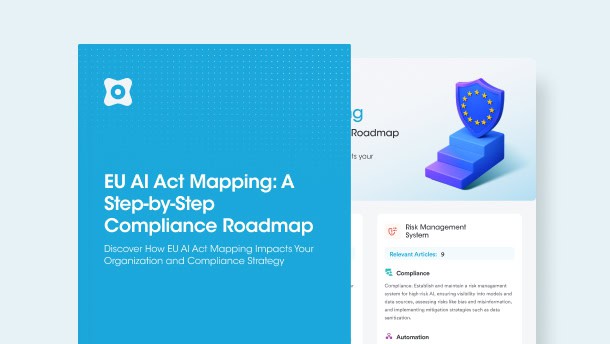As per Article 45 of the GDPR, personal data flows outside the European Union can take place only where adequate protection is ensured or there are safeguards in place to ensure that the level of data protection is essentially equivalent to that of the EU.
Following the end of the Brexit Implementation Period on 31 December 2020, the EU-UK Trade and Cooperation Agreement allowed businesses to transfer personal data from the EU to the UK until an adequacy decision could be adopted.
On 28 June 2021, the European Commission granted the UK the “adequacy” status needed for cross-border data transfers. This means EU-UK data flows continue to be unrestricted.
The UK Adequacy Decision contains a detailed and comprehensive analysis of the UK data protection framework concluding that it provides an essentially equivalent level of data protection as that in the EU. Let’s look into the key elements of the Adequacy Decision:
1. Exclusion of immigration control transfers:
Transfers for the purposes of UK immigration control are excluded from the scope of the Adequacy Decision. This has been done to reflect the England and Wales Court of Appeal’s ruling that held that the immigration exemption of the UK Data Protection Act (DPA) violates the GDPR.
The immigration exemption in the UK DPA restricts data subjects’ rights to information, access, rectification, erasure, restriction of processing, and object to the extent that giving effect to these rights is likely to prejudice the maintenance of effective immigration control. It applies to data controllers who process personal data for immigration control purposes or transfer data to controllers who are responsible for such processing.
Since the scope of the immigration exemption is broad and undefined by the UK DPA, data transfers from the EU to the UK falling within the scope of immigration related data or processing will need additional contractual safeguards for the protection of data subjects’ rights. The concerns regarding immigration control exemption were also highlighted earlier by the European Data Protection Board in its opinion on draft UK adequacy as well as the European Parliament in its Resolution urging the EU Commission to amend the draft UK adequacy decision.
2. Strong safeguards around public authority access:
The EU Commission has confirmed that the UK surveillance regime provides “strong safeguards” in relation to personal data access by public authorities for national security reasons. The Commission notes the following about the UK data protection legal framework:
- The processing of personal data for any of the law enforcement purposes is lawful only if it is based on law and either the data subject has consented to the processing for that purpose or the processing is necessary for the performance of a task carried out for that purpose by a competent authority.
- Any data collection by UK intelligence authorities, in principle, is subject to prior authorization by an independent judicial body, and any data access is for specified, explicit, and legitimate purposes and proportionate to the purpose pursued.
- Onward data transfers are subject to certain conditions and limitations under the UK data protection legal framework. For example, personal data collected for law enforcement purposes may be processed for purposes other than law enforcement if such processing is authorised by law.
- The UK data protection legal framework provides for effective administrative and judicial redress mechanisms enabling data subjects to ensure their rights to access, rectification or erasure of personal data in relation to data processing for law enforcement purposes. Data subjects are also able to challenge unlawful surveillance operations before the Investigatory Powers Tribunal.
The EU Commission concludes that overall, specific data protection safeguards and rights are guaranteed by the UK data protection legal framework when data is processed by public authorities.
This is despite the fact that EDPB and EU Parliament raised concerns about the lack of limitations on the use of UK surveillance operations. The Strasbourg Court has also concluded that the UK surveillance regime violates the right to privacy and freedom of expression guaranteed by the European Convention on Human Rights. As a result, the UK surveillance regime is likely to remain under strict scrutiny.
What’s next?
The Adequacy Decision expires after four years unless extended. During these four years, the European Commission will continue to monitor the legal situation in the UK and could intervene at any point, if the UK deviates from the level of protection currently in place. For these four years, businesses can continue to transfer personal data seamlessly from the EU to the UK. The data transfers for UK immigration control purposes, however, will require specific data protection safeguards as per Article 46 of the GDPR, since they are excluded from the scope of the Adequacy Decision.










































